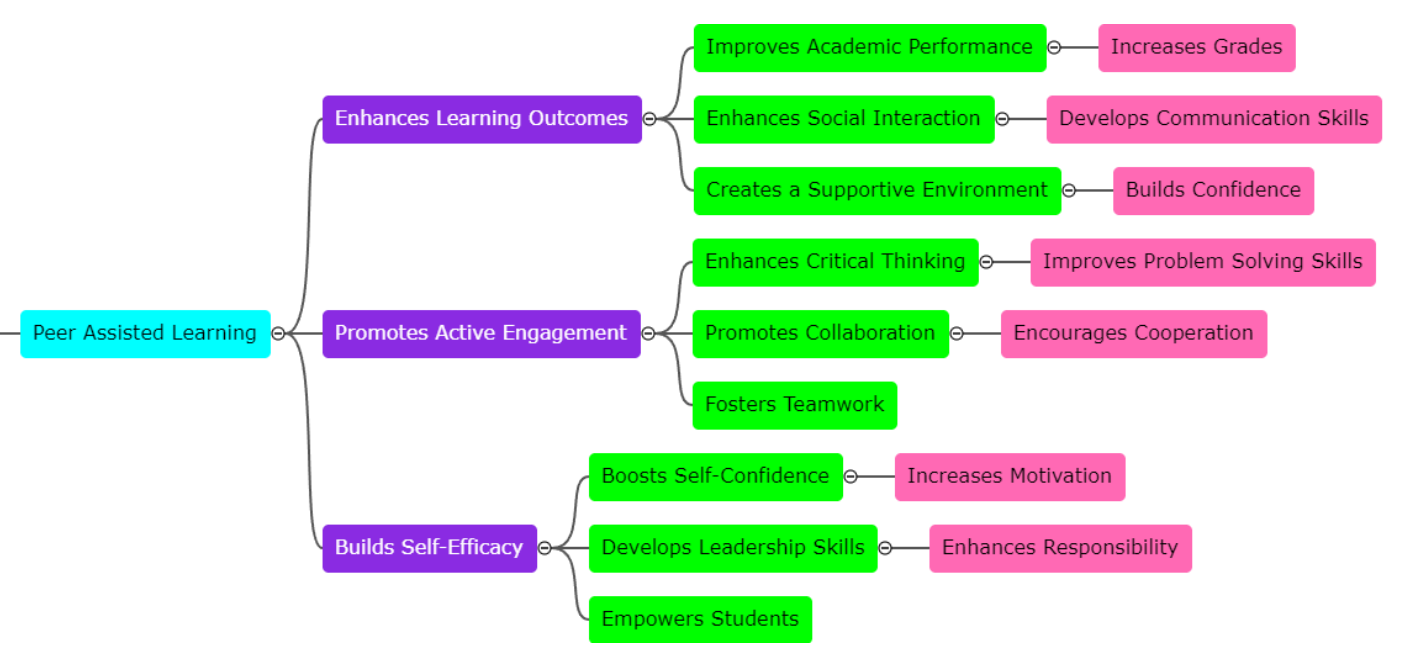Multiple choice questions are a popular tool for testing medical students’ knowledge, but there are several arguments for both the advantages and disadvantages of using them.
Pros:
- Convenient: One of the biggest advantages of multiple choice questions is that they are easy to administer and grade. This convenience makes them a popular choice for teachers, as they can quickly assess a large number of students’ understanding of a particular subject. It also saves time, as teachers don’t have to read through lengthy essays or case studies.
- Wide Coverage: Multiple choice questions allow for the assessment of a wide range of information in a short amount of time. This makes them an effective tool for testing students understanding of a broad range of topics, rather than just a single topic in depth.
- Objective: The objective nature of multiple choice questions makes for consistent and fair grading. This eliminates the potential for subjective bias and ensures that every student is evaluated fairly based on their knowledge, rather than the subjective opinions of the teacher.
Cons:
- Limited Depth: Multiple choice questions can cover a wide range of information. They may not assess a student’s understanding of a topic in as much depth as other methods such as case studies. MCQs typically only provide a surface-level understanding of a subject, rather than a deep dive into the material.
- Memorization: Medical students may rely too heavily on memorization when preparing for exams using multiple choice questions. This can limit their critical thinking and problem-solving skills, as they may not understand the material at a deeper level.
- Potential for Guessing: There is always the potential for students to guess the correct answer, rather than demonstrating their true understanding of the material. This can result in students passing exams without truly comprehending the subject matter.
In conclusion, multiple choice questions can be a useful tool for medical students, but it’s important to consider both the advantages and disadvantages when deciding how to use them in the educational process. By using them in conjunction with other methods of assessment, such as essays and case studies, medical educators and students can ensure a well-rounded understanding of the material.
Summary:
Pros:
- Easy to administer and grade, making them convenient.
- Test a wide range of topics quickly.
- Objective and fair, removing subjective bias.
Cons:
- Limited depth, not assessing understanding fully.
- Encourages memorization, not critical thinking.
- Potential for guessing instead of true understanding. MCQs can be useful, but combining with other methods ensures well-rounded understanding.







